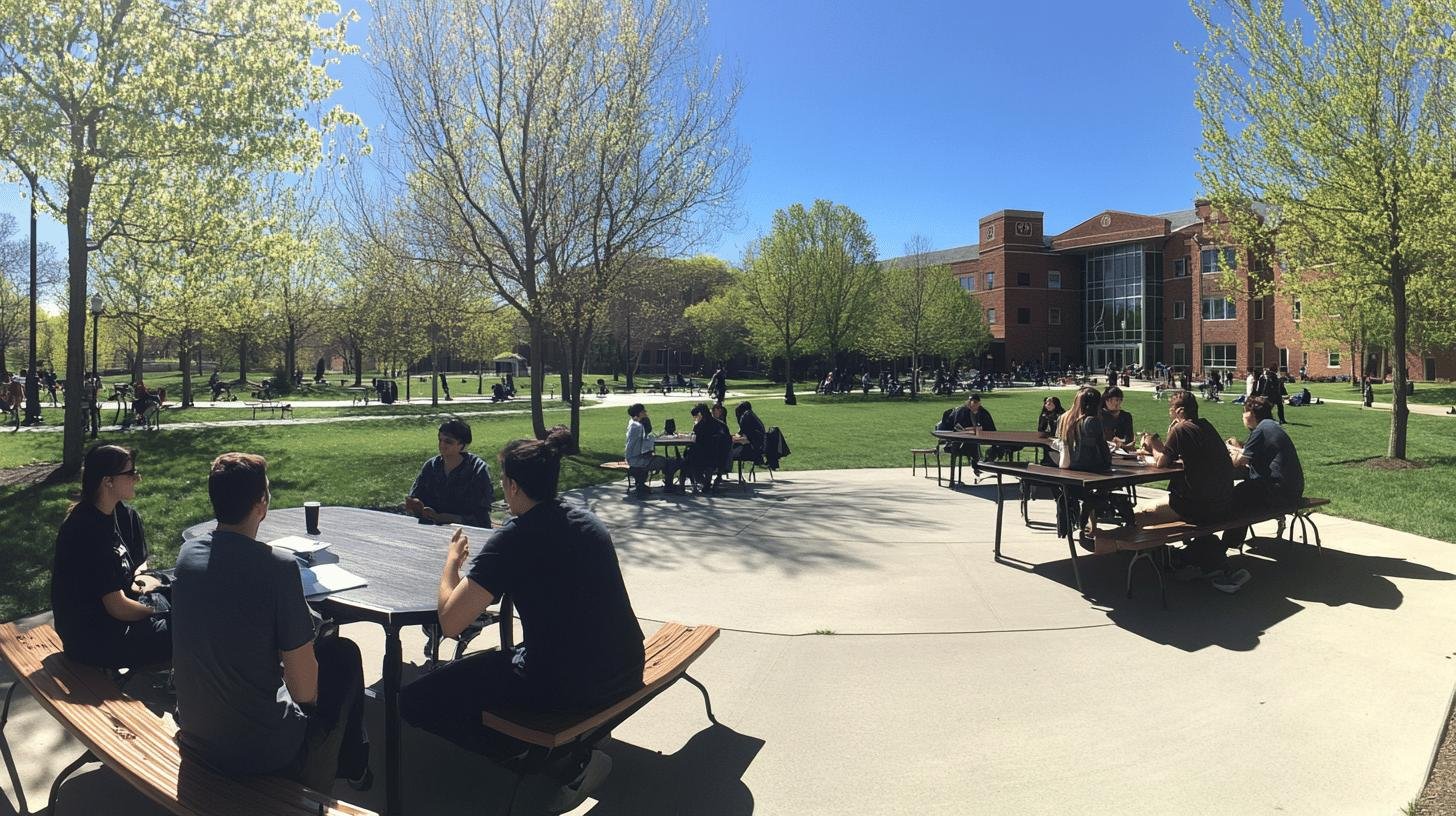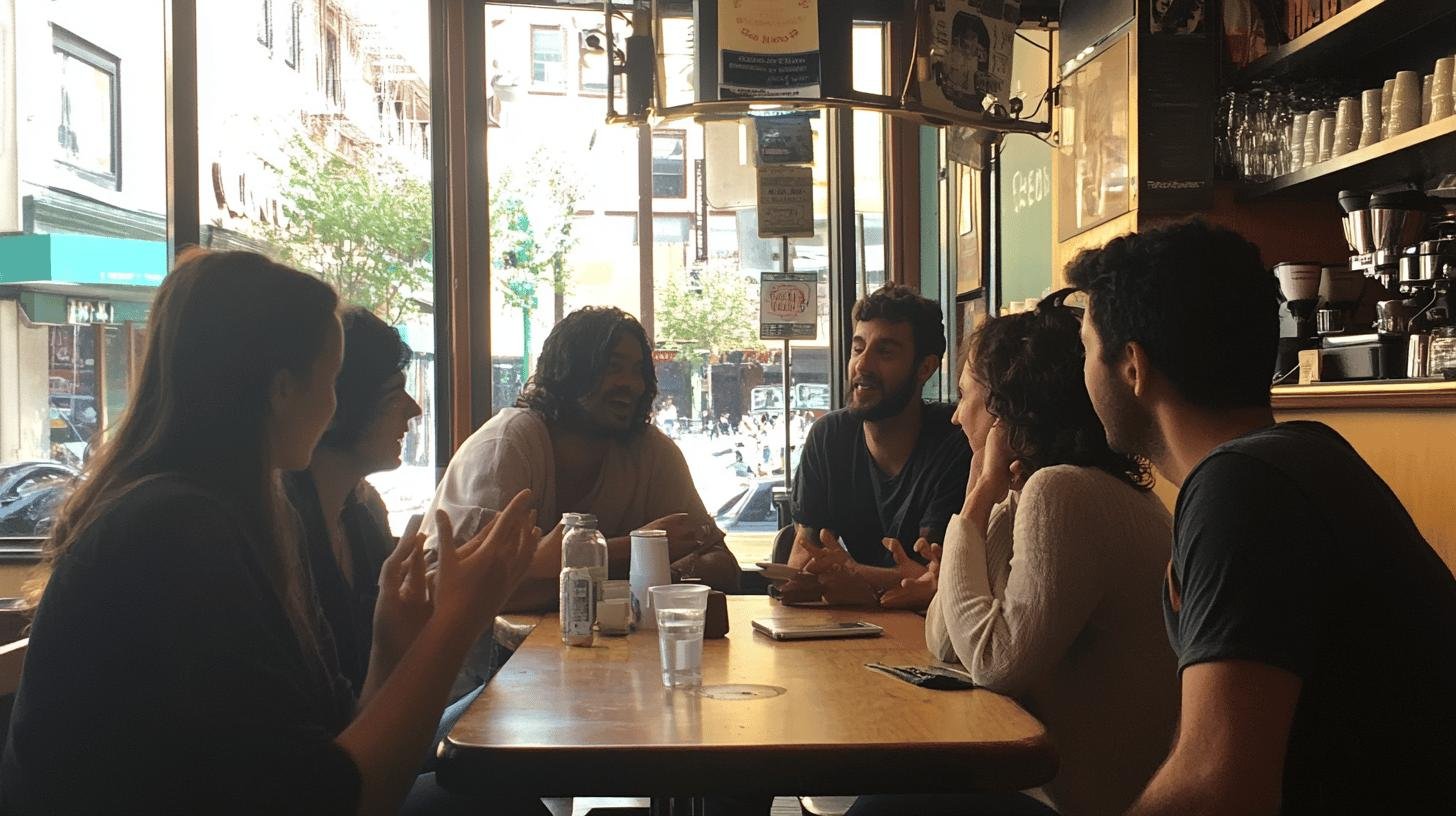TL;DR:
- Woke: Awareness of social injustices, rooted in activism; seen as progressive but can seem extreme.
- Politically Correct: Language/actions aimed at preventing offense; fosters inclusivity but may stifle open dialogue.
- Connotation: Woke = activism; Politically correct = caution in communication.
- Debate: Both terms spark discussions on free speech; critics view them as restrictive, while proponents see them as fostering respect.
- Impact: Woke encourages systemic change; Politically correct promotes sensitive dialogue.
Are “woke” and “politically correct” two sides of the same coin, or do they lead us down different paths? In today’s heated social debates, these terms frequently pop up, often leaving folks confused. Understanding their key differences can clarify how these ideas play out in real-life situations. This discussion will break down what these terms mean, show how they differ, and explore their impact on society.
Understanding “Woke” and “Politically Correct” Terminology
In today’s social landscape, the terms “woke” and “politically correct” are prevalent in discussions surrounding social issues.
- Woke: Originally rooted in awareness of societal injustices, especially those regarding racial and social justice, it has evolved into a buzzword often associated with activism that prioritizes feelings over facts.
- Politically Correct: This involves using language and actions that prevent offending or disadvantaging specific groups. While it aims for inclusivity, it can also lead to censorship and restrict open discourse.
Key Differences
| Aspect | Woke | Politically Correct |
| Connotation | Linked to activism and progressive values | Associated with caution in language |
| Scope | Covers diverse social issues | Primarily targets language and behavior |
| Perception | May seem radical or extreme | Often viewed as overly cautious |
| Origin | Evolved from African American Vernacular English | Gained traction in the late 20th century |
| Application | Stresses action against injustice | Focuses on avoiding offensive language |
Both terms reflect a cultural divide. While some embrace them as tools for progress, others see them as restrictive forces that stifle genuine discussion.
Historical Context and Evolution

- Politically Correct: Emerging in the late 20th century, it aimed to ensure language and actions did not offend marginalized groups. Over time, it evolved to foster sensitivity and inclusivity but faced criticism for limiting free speech.
- Woke: Evolving in the 2010s, “woke” encourages awareness of social injustices, particularly those faced by marginalized groups. It has become associated with activism, pushing for systemic change and raising awareness of societal issues.
Societal and Cultural Impacts
“Woke” serves as a rallying cry for social justice and change, promoting activism and reform across societal structures. However, critics argue that it can create an environment where dissenting opinions are marginalized, leading to self-censorship and fear of backlash.
On the other hand, “politically correct” language aims to create an inclusive atmosphere by avoiding language that offends. While it fosters respectful dialogue, it can also restrict freedom of speech by prioritizing sensitivity over open discourse. Many view the push for political correctness as an attempt to impose strict norms on communication, ultimately stifling genuine expression.
The Debate: Free Speech and Censorship

The clash between free speech and the ideals of “woke” culture and political correctness is evident in educational institutions. Critics argue that these concepts create an atmosphere where students feel pressured to conform, leading to a decline in open dialogue. Policies designed to regulate speech can limit diverse opinions and stifle important conversations.
Current Usage and Perceptions
- Woke: In contemporary discussions, it is often linked to activism and progressive values but can carry a negative connotation, suggesting extremism.
- Politically Correct: This term is frequently viewed as a barrier to honest conversation, seen as unrealistic and suppressive.
Final Thoughts
Understanding the terms “woke” and “politically correct” is crucial for navigating today’s cultural landscape. While both seek to promote social justice and cultural sensitivity, they often do so at the expense of open dialogue and free expression.
By critically examining these concepts, we can engage in more meaningful conversations that prioritize genuine understanding over conformity.
FAQ
What does “woke” mean in today’s context?
“Woke” refers to an awareness of social injustices, particularly those related to racial and social issues. It encourages individuals to recognize and challenge systemic inequalities.
How has the term “politically correct” evolved over time?
“Politically correct” initially aimed to promote inclusive language and actions. Over time, it has been criticized for potentially stifling free speech, as some view it as enforcing excessive caution in discussions.
What are some criticisms of “woke” culture?
Critics argue that “woke” culture can lead to performative activism and may promote censorship, where dissenting opinions are marginalized in favor of maintaining a socially acceptable narrative.
How do “woke” and “politically correct” influence public discourse?
Both terms shape the landscape of public discussions on social issues. “Woke” promotes activism and awareness, while “politically correct” seeks to ensure respectful dialogue, which can sometimes limit open debate.
Why is understanding these terms important?
Understanding “woke” and “politically correct” helps clarify the ongoing debates surrounding social justice and cultural sensitivity, allowing for more informed discussions about their impacts on society.

